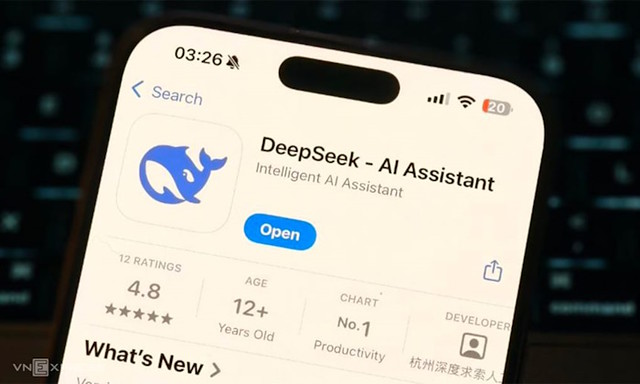
Chinese AI startup DeepSeek has unveiled an upgraded version of its R1 reasoning model, dubbed “R1-0528,” which achieves near-top scores on benchmarks for coding, math, and general knowledge, nearly rivaling OpenAI’s flagship model, o3. However, the new iteration appears to be more restrictive in addressing sensitive or politically contentious topics, particularly those the Chinese government considers controversial.
This assessment comes from testing by the pseudonymous developer behind SpeechMap, a platform dedicated to comparing how AI models handle sensitive issues. Using the handle “xlr8harder” on X, the developer claims that R1-0528 is significantly less permissive of free speech on contentious subjects than previous DeepSeek models, calling it “the most censored DeepSeek model yet regarding criticism of the Chinese government.”
Legal and Political Context Behind Censorship
As previously reported by Wired, Chinese AI models must comply with strict state regulations. A 2023 law prohibits generating content that “damages the unity of the country and social harmony,” effectively restricting any narratives that diverge from government-approved history or politics. Chinese AI companies typically enforce this through prompt-level filters or by fine-tuning models to avoid sensitive subjects.
Earlier studies found that DeepSeek’s original R1 refused to answer 85% of questions related to politically sensitive topics.
According to SpeechMap’s tests, R1-0528 restricts answers about Xinjiang internment camps, where over a million Uyghur Muslims have been detained. Although the model occasionally references human rights abuses like these, it often defaults to the official government stance when asked directly.
Other Chinese AI models with public access, such as Magi-1 and Kling, have faced similar criticism for censoring events like the Tiananmen Square massacre. In late 2024, Clément Delangue, CEO of AI development platform Hugging Face, warned of the unintended consequences Western companies face when building on top of high-performing, openly licensed Chinese AI.
Author Thinks
While technological progress in AI capabilities is commendable, the heavy censorship observed in Chinese models like DeepSeek’s R1-0528 raises important concerns. True AI advancement should not come at the cost of free and open discourse, as restricting access to historical or political truths limits the technology’s usefulness and harms global knowledge sharing. Companies and regulators need to strike a balance that respects both ethical standards and fundamental rights.
Featured image credit: Trong Khiem Nguyen via Flickr
For more stories like it, click the +Follow button at the top of this page to follow us.
